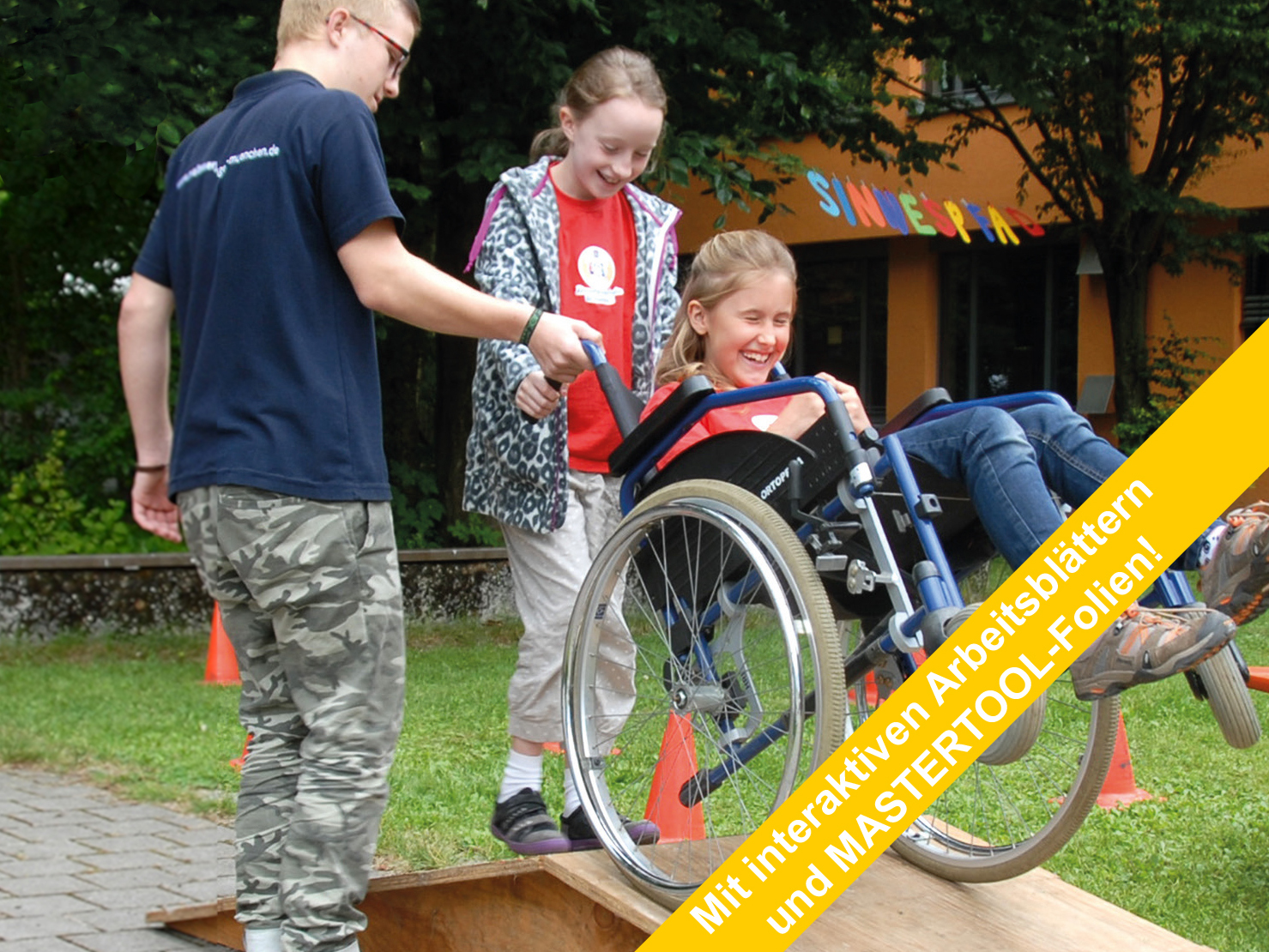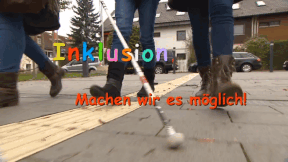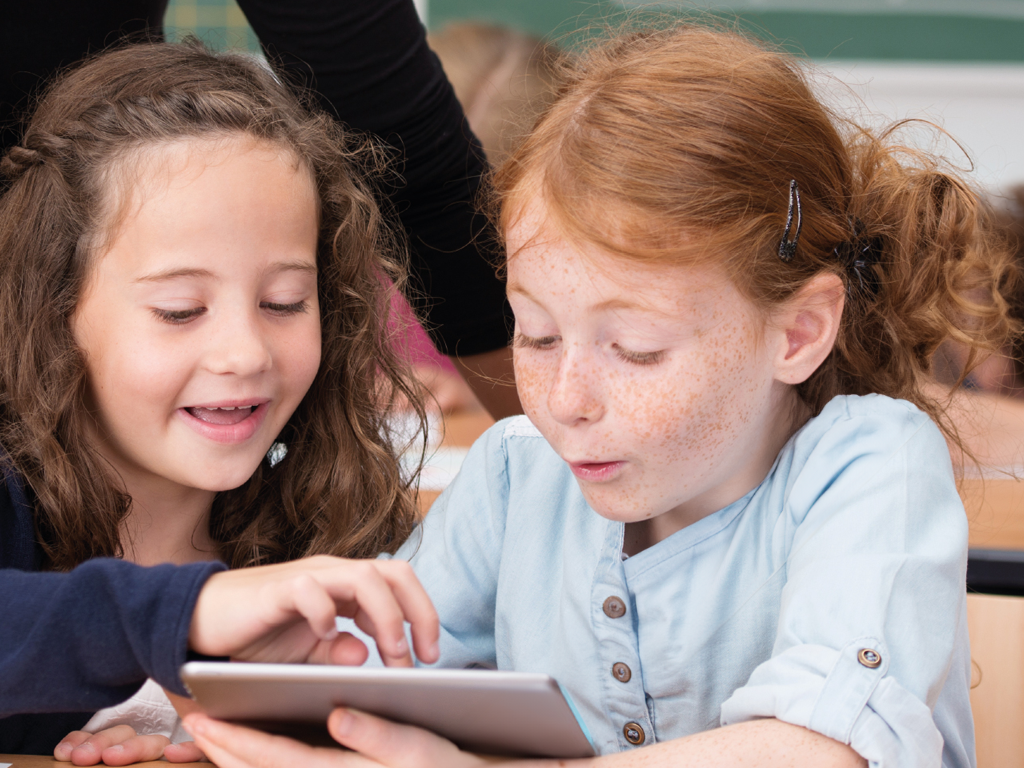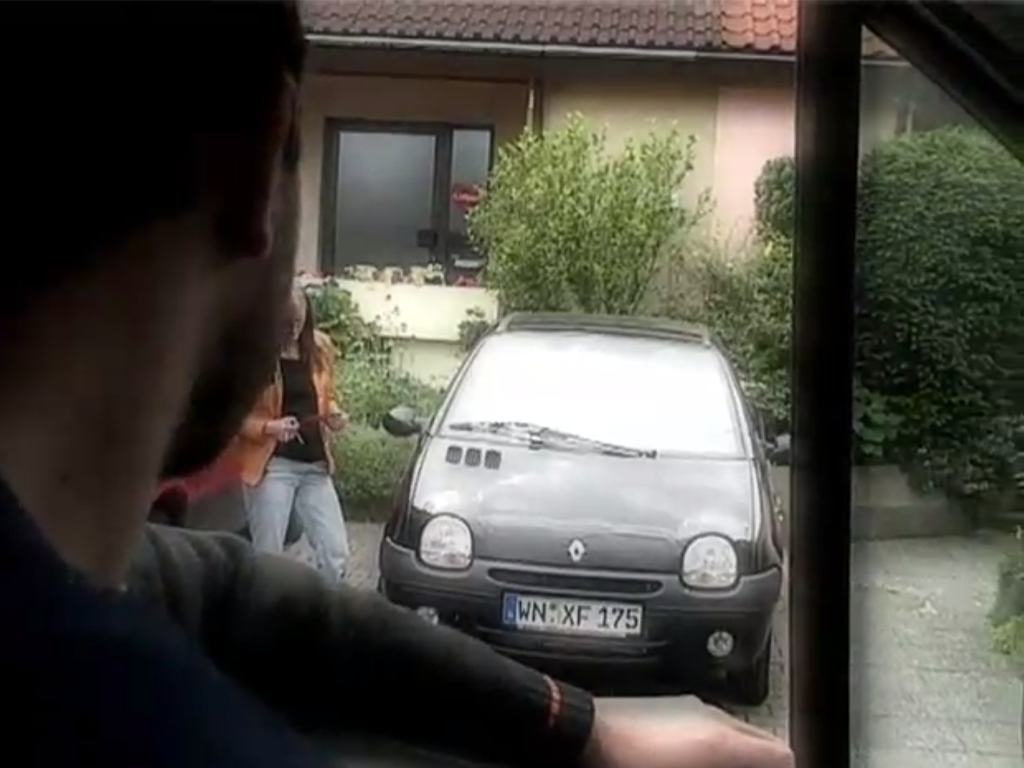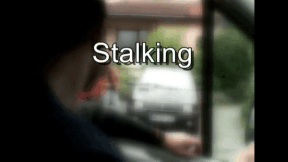 Geography, Politics / Civics
Geography, Politics / Civics
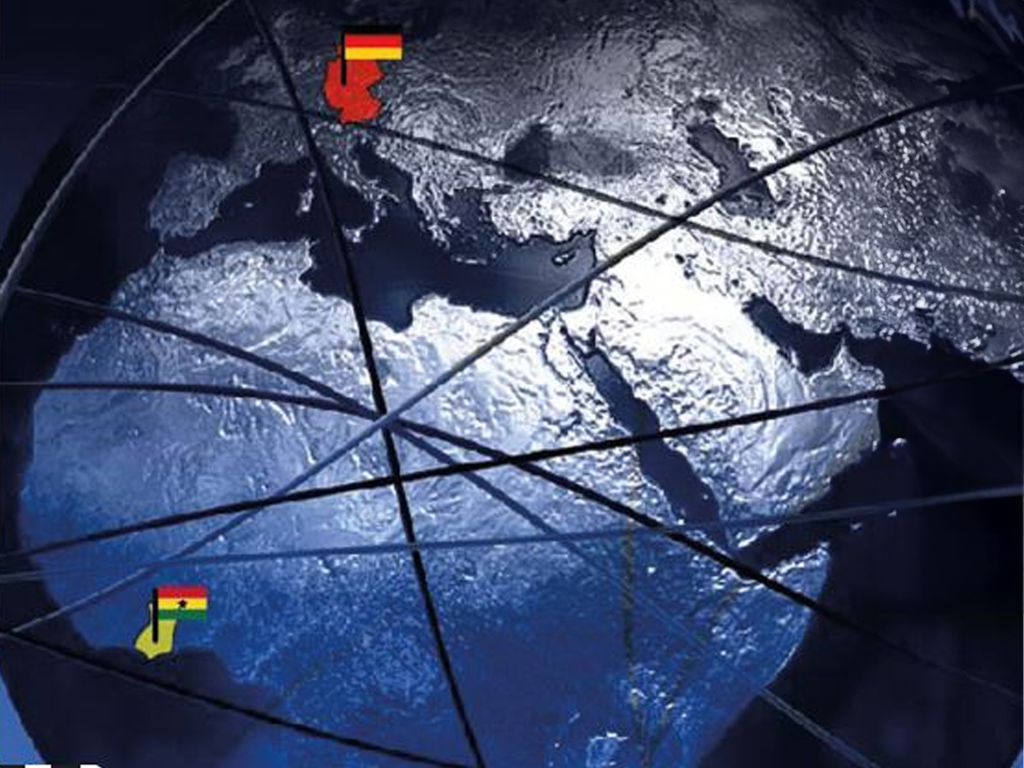
4658317 / 5551737
Globalisation
Change through Trade
A visit to the weekly market. Here they lie peacefully side by side: pears and apples from local regions next to exotic fruits such as kiwi, lychee, papaya and mango. What was an exotic rarity not so long ago is meanwhile offered throughout the whole year. So today there is a wide range of products from all over the world. The reason for this variety of products is what has become widely known under the term of globalisation.
Play trailer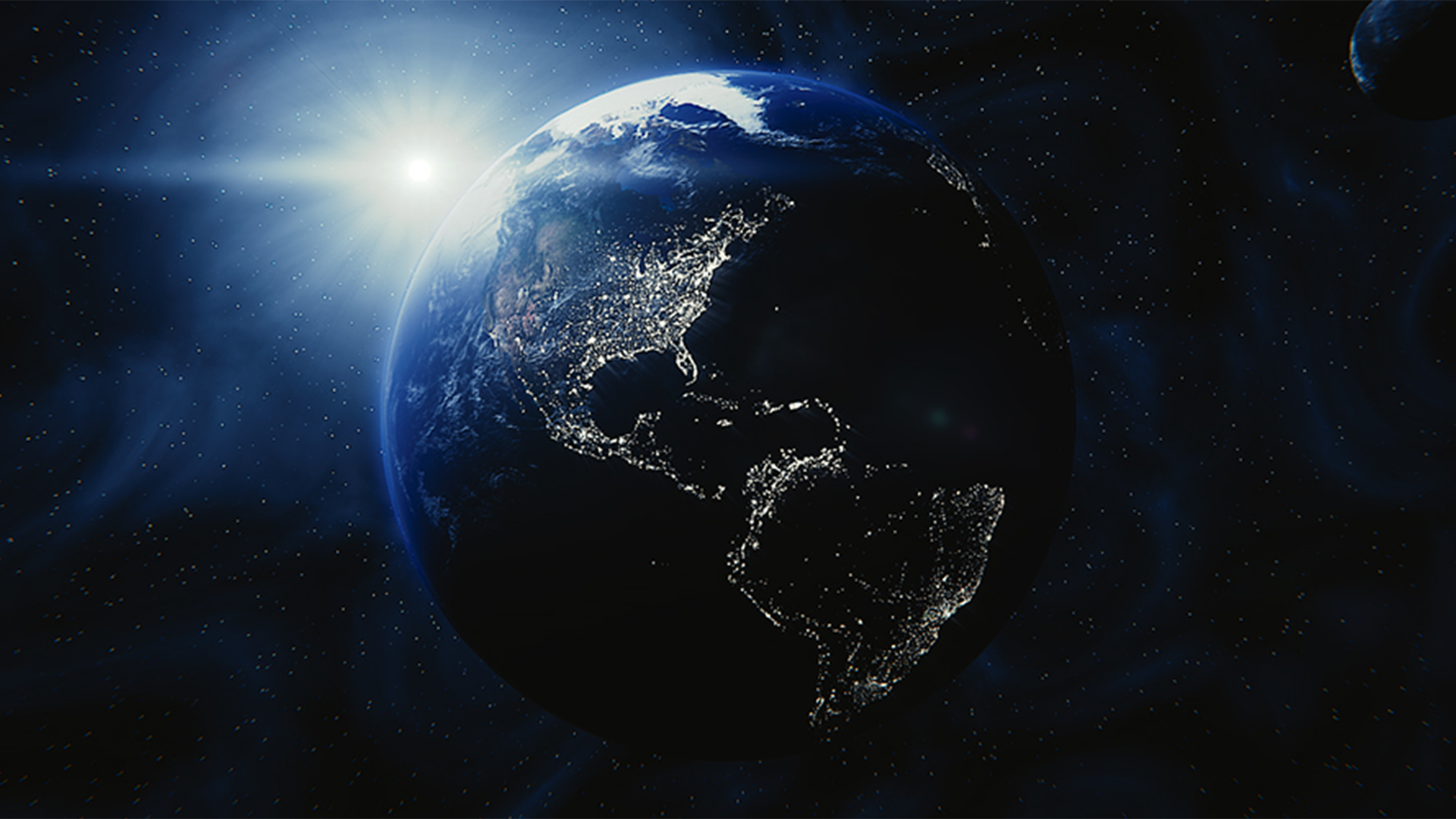
Curriculum-centred and oriented towards educational standards
Matching
Inclusion
Madita is eleven and blind. She does not want to go to a special school but to a regular grammar school. She says she feels "normal" there. Jonathan is eight and has a walking disability. He likes going to the school where he lives. Here, his best friend sits next to him. Max Dimpflmeier, a teacher who is severely deaf, explains that school life is not easy. Quote Max Dimpflmeier: "You don't want to attract attention, you want to avoid saying that it is necessary for you that 70 people adjust to your situation." People on their way to inclusion.
Mobile Learning II
Oh, what’s that? Original soundtrack Thissen: “As our children grow up in a media world and naturally handle the media, they should also be a topic in school.“ An older child says the point is that they don’t just load down apps but create things themselves that haven’t existed so far. Hi, I’m Jana. A propeller hat. I’ll put it on. Now I’m no longer a simple rhino, but a flying rhino. Original soundtrack Thissen: “It’s exactly the great flexibility of tablets that promotes very personalised and adapted learning.” Original soundtrack Welzel: “It’s fascinating to see how the children grow with their products and how they always want to improve them.” The Westminster Abbey is a church in London for the royal family. Original soundtrack Welzel: “And?“ They think it is ok.




